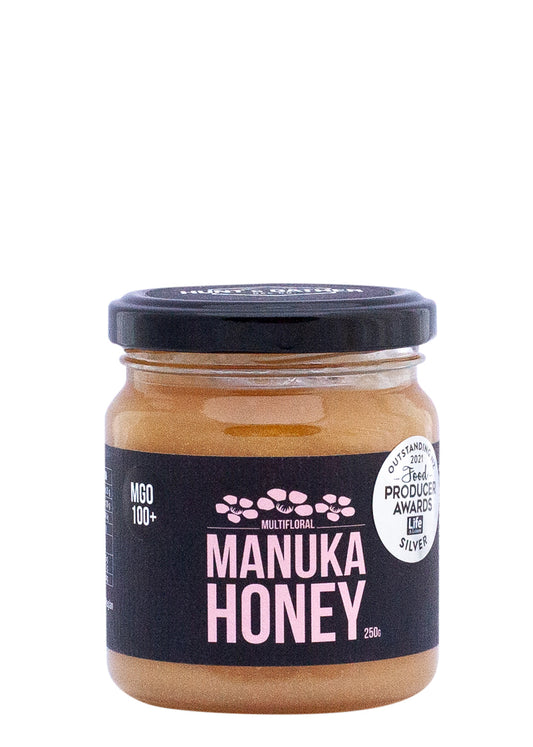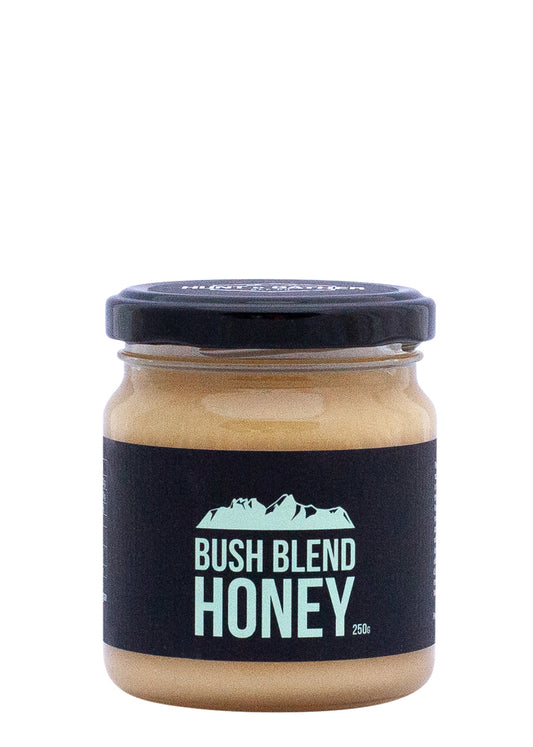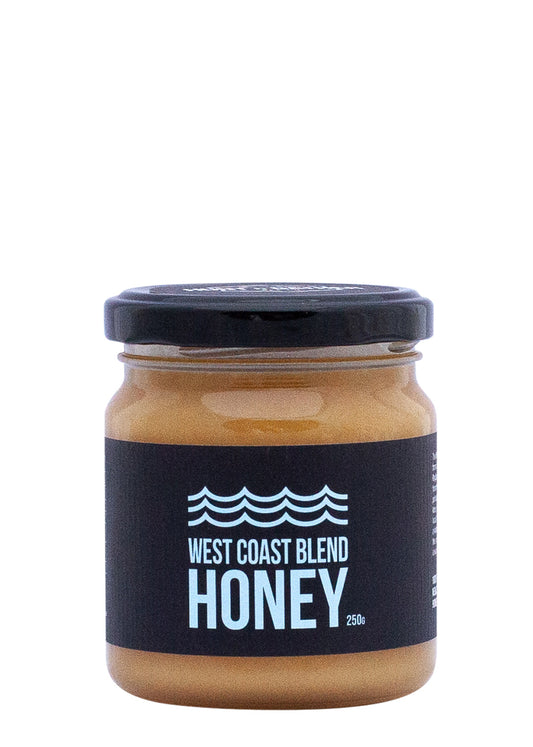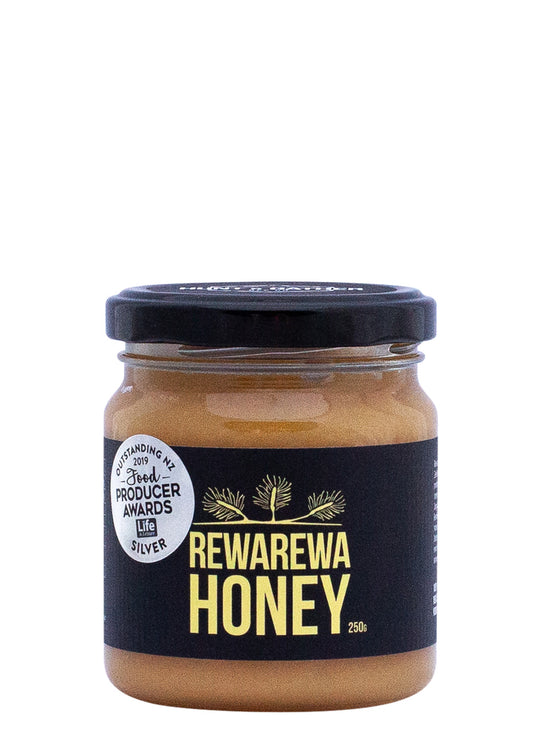We were extremely lucky that a speedy little horse that my dad put a bet on just before Christmas ran the race of it’s life and won him a handsome amount to cash which he very very kindly used to buy us a 5 day trip to Samoa for Christmas. We were so excited all autumn and winter, knowing that we had our first family holiday to look forward to. Samoa is a truly beautiful country and we had the most incredible time soaking up the sun, the beautiful food and the warmth and hospitality of the locals.

We were also really lucky that a great friend of ours lives in Apia and knows Samoa’s resident beekeeper; Lester. She set up a meeting for us on our last day in the country so that we could pick his brains about the beekeeping scene over there.

Of course, after 4 days of beautiful sun, the day of our meeting it poured with rain all morning, meaning that we couldn’t actually suit up and have a look through his hives as planned, but talking to Lester we learnt a lot about the state of the honey industry in Samoa. A remarkably sprightly guy for 78 (he originally told us he was 80, but then had to recalculate from his birth date and realised he wasn’t quite there yet), Lester has been beekeeping in Samoa since the early 1990’s after returning to his birth country from New Zealand. He knows the Samoan beekeeping industry inside out and back to front. He knows every hive on the two big islands and who owns each one. He is doing a great job of making sure that the honey industry is safe from introduced pests and that hives are thriving. Despite losing a bunch of his hives in a cyclone a few years ago, he has steadily built his hive numbers and has been working to get hives in the villages for the local people to work and collect honey from. As well as this he is running his own semi-commercial beekeeping company and supplying the local restaurants and tourist shops with beautiful Samoan honey.



Although most of his methods are relatively similar to our beekeeping here in New Zealand, Lester always puts his hives in these lean-tos to keep them out of the intense heat and also the rain which can cause the hive boxes to rot.

The potential for expansion in the beekeeping industry in Samoa is massive. They are well underpopulated with hives relative to the amount of flowering plants in the country (incidentally, we learnt that coconut palms make tasty honey, I am all for that!) and they are, currently, free of the hive pests and diseases that we have in New Zealand and in many other countries around the world. Because of the fact that they don’t need to treat for disease, combined with the fact that they have a number of certified organic villages, they have really great potential to make organic honey. There is an insatiable market demand for honey in Samoa from both locals and tourists. So why aren’t they jumping in head first? Well, it turns out there is a number of reasons. Money is the big problem, they need really decent capital to grow their hive numbers, distribute the hives out amongst the villages and then develop the infrastructure to process their honey in a certified way that would mean they could sell and export it in the same way that we do in New Zealand. Lester is envisioning a mobile extraction unit that they could take around between apiaries to pick up and extract honey on the spot. Of course it doesn’t help that they are having to import all of their beekeeping supplies from New Zealand; supplies which are steadily rising in price thanks to the beekeeping boom here. Climate change is their other big enemy. Lester shared with us how his honey production has dropped dramatically in the last two ‘dry seasons’ (instead of 4 seasons like us, in Samoa they just have a wet season and a dry season) as it really hasn’t been all that dry. Unprecedented rain levels have been washing away nectar and keeping the bees inside their hives when they should be out making loads of honey. It’s another big reminder of the commitment that we all need to make to help fix the sorry state of our planet. The final big element is a lack of skilled beekeepers in the country and a general lack of knowledge about the importance and benefits of bees. There is really great potential for people like Lester to pass on their knowledge to local villagers so that they can look after hives on their customary land and reap the rewards for their whole village.

It was exciting to see the opportunities that they have over there, and learn about the challenges that they face. It was also great to meet Lester; a guy whose passion for the bee industry is infectious and revitalised our enthusiasm to come home and plough on with Hunt and Gather Bee Co.






1 comment
Is beeswax available for purchase in samoa? Would appreciate any information on how I would go about purchasing pallets.